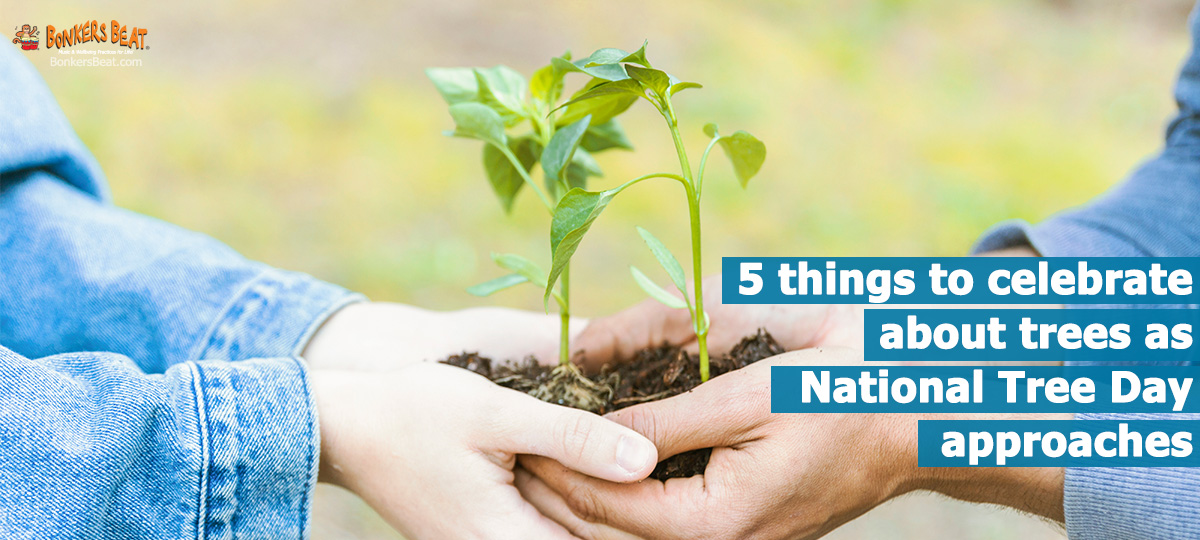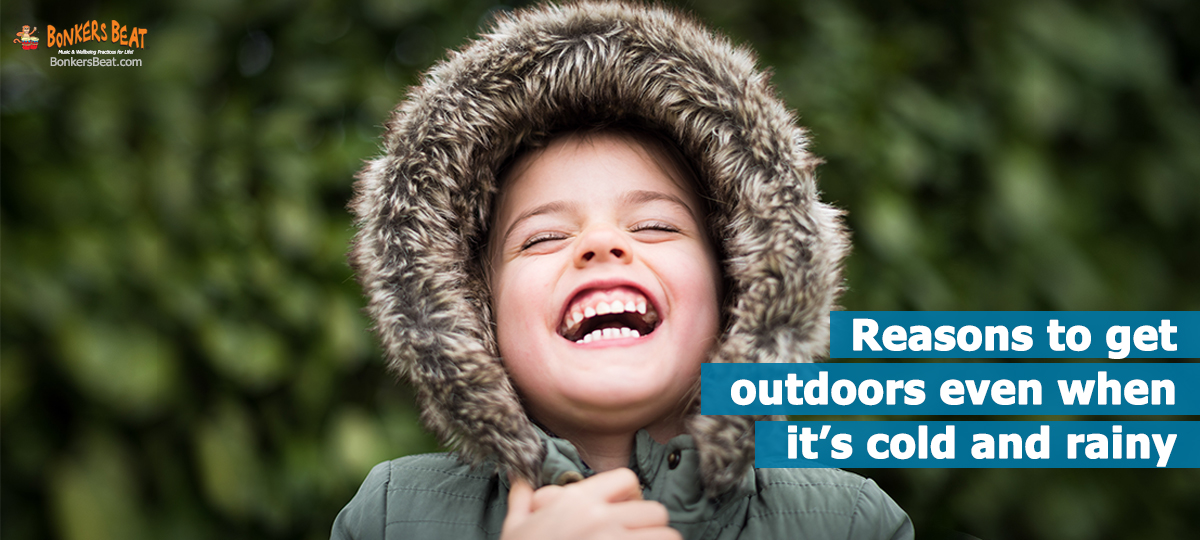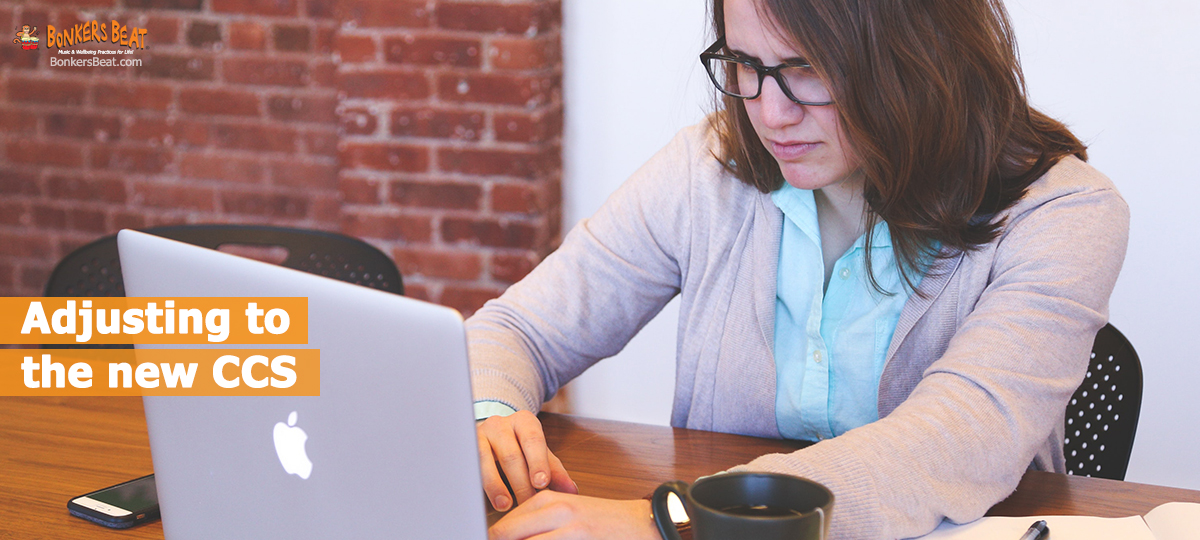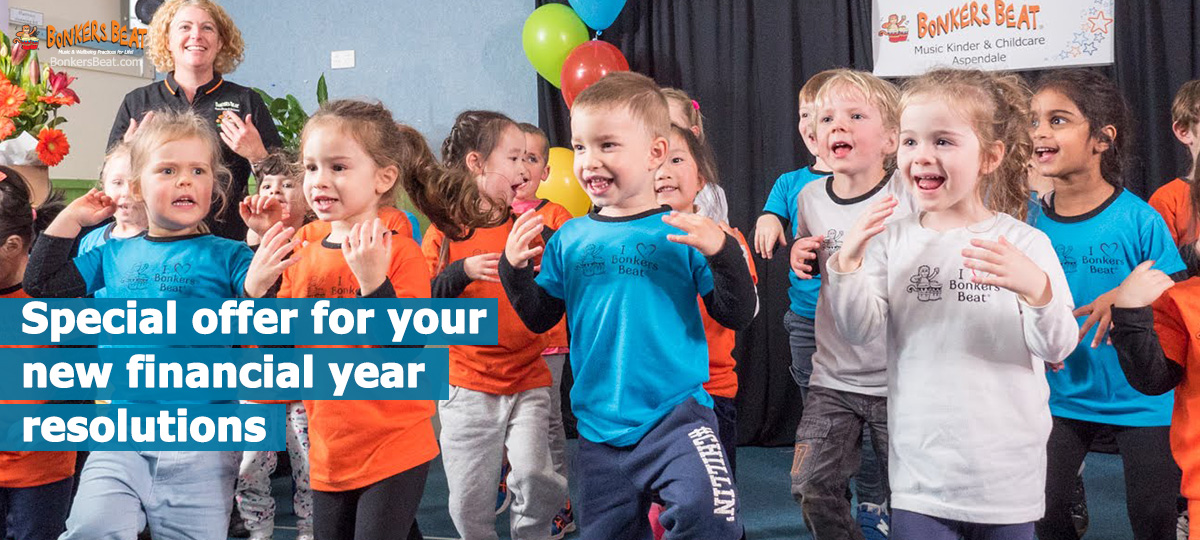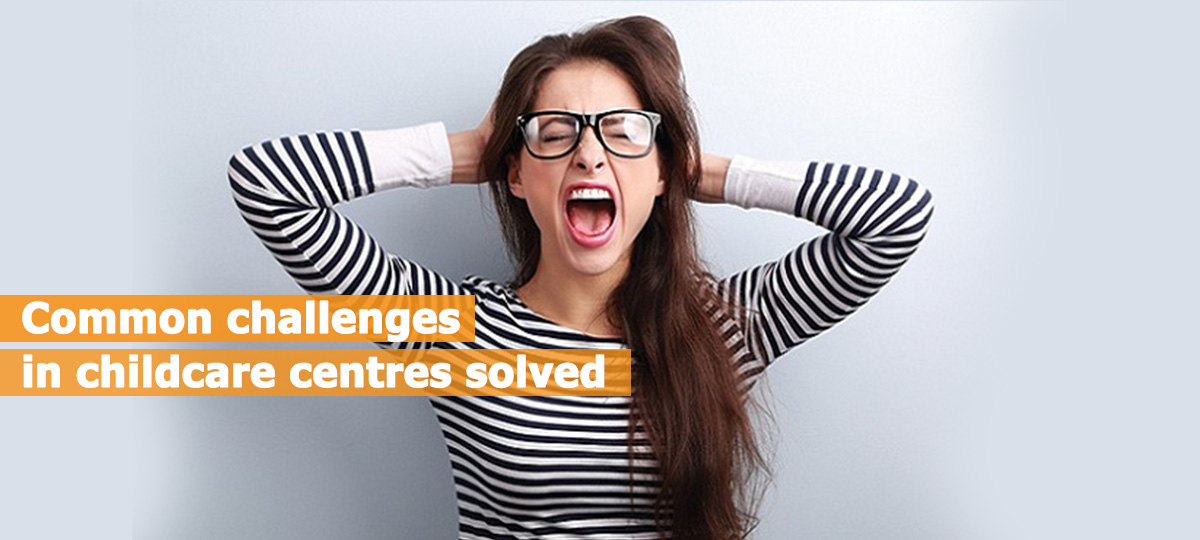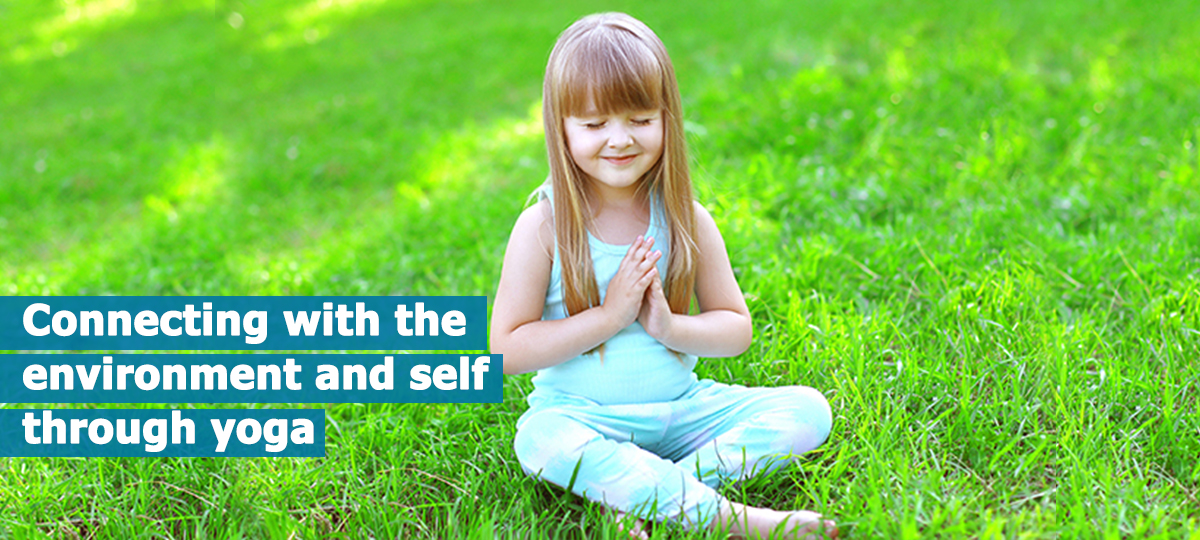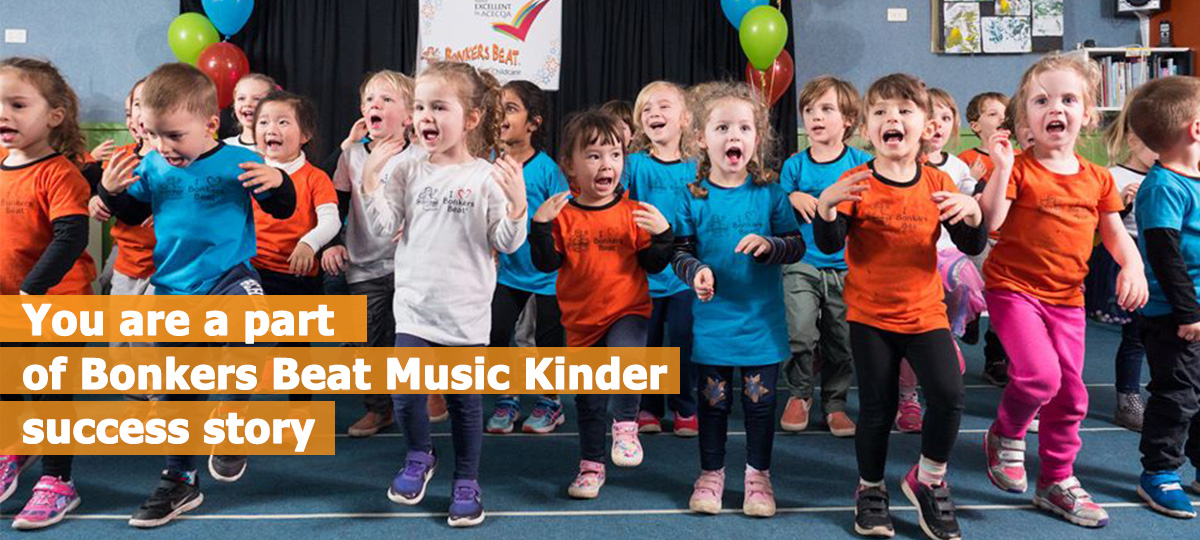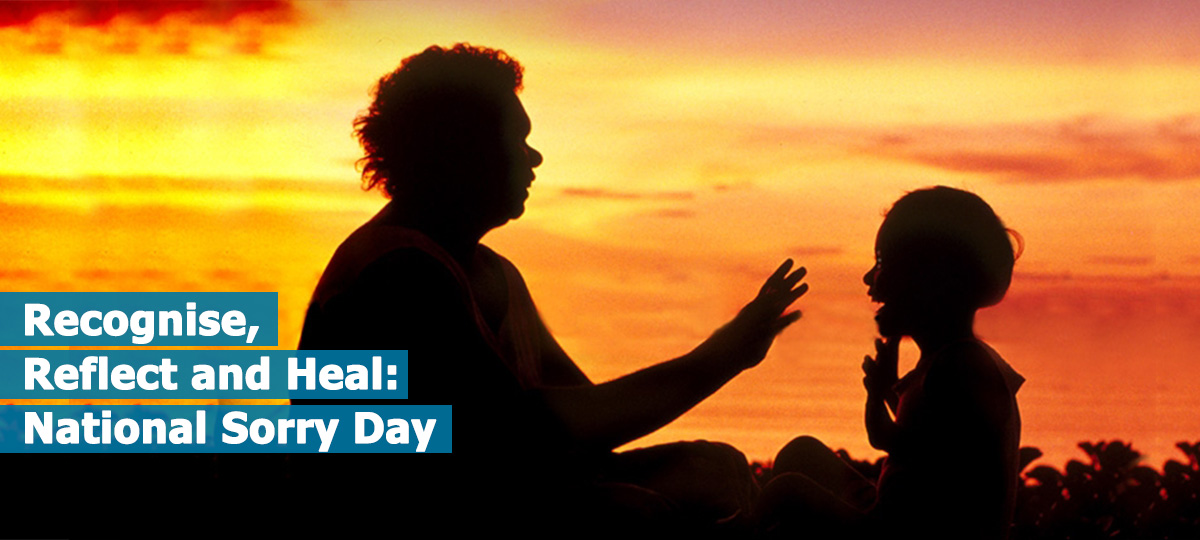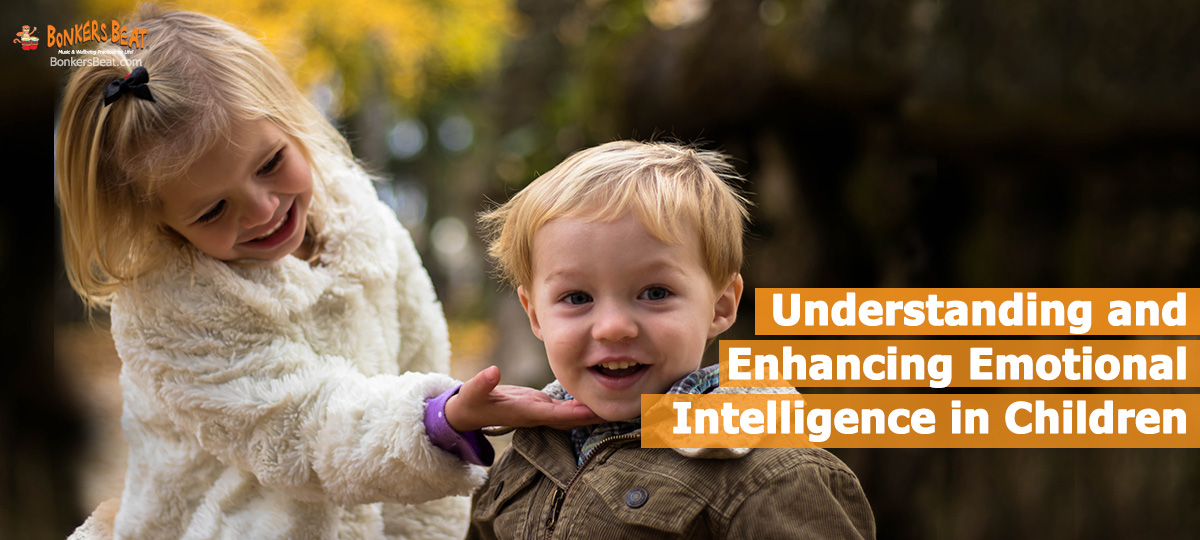Each year we encourage childcare centres and families to get involved in National Tree Day. Schools Tree Day is coming up on 27 July, followed by National Tree Day on 29 July – but any day is good to celebrate trees!
Trees do so much more than line our streets, but can often go unappreciated or even unnoticed. Yet there is so much to celebrate about the humble tree!
These are just five things to open up a discussion about trees with children in your care and to show them (and remind yourself!) just how important trees are to the world.
Tree facts to share with children
1. Trees clean our air
It’s no secret that there are many pollutants in the air that are harmful to our environment and health. We are lucky that trees work hard to reduce airborne pollution, with the leaves of trees catching the particles and filtering the air for us. Trees also create oxygen for us, turning sunlight, water and carbon dioxide into oxygen in a process called photosynthesis. This is how trees produce their own food too!
This is a fun explanation of the process:
2. Trees provide fruit and nuts
Children’s favourite fruits and nuts are produced by trees and plants. Encourage children to identify which plants various foods come from.
3. Trees mark the seasons
Currently, there will be many trees around with no leaves as it is winter. Talk about how trees show us the changing of the seasons, with leaves turning orange, red and yellow in autumn. Also discuss that some trees are evergreen, meaning they will keep their leaves and stay green all year.
4. Trees provide shelter
Whether we are looking for protection from the rain or the sun, trees are very reliable for shelter. When we are looking to have a picnic or relax at the park, we are often drawn toward finding a special tree that will provide us with shelter and even let us lean on its trunk!
5. Trees are home to wildlife
Of course, trees don’t just provide shelter for people… For many animals, trees are home. Talk about what animals use trees as homes, such as possums, koalas and birds to name a few.
If you can find the time to get planting for National Tree Day, take the opportunity! Watching children as they learn to plant and care for seedlings, helping them to grow, is a special activity. To help your centre celebrate National Tree Day and the wonder of nature, gardening and outdoor learning, they have compiled a huge number of engaging resources for early learning. Take a look here.
There are many ways to get involved in National Tree Day – find an event here or register your own.

